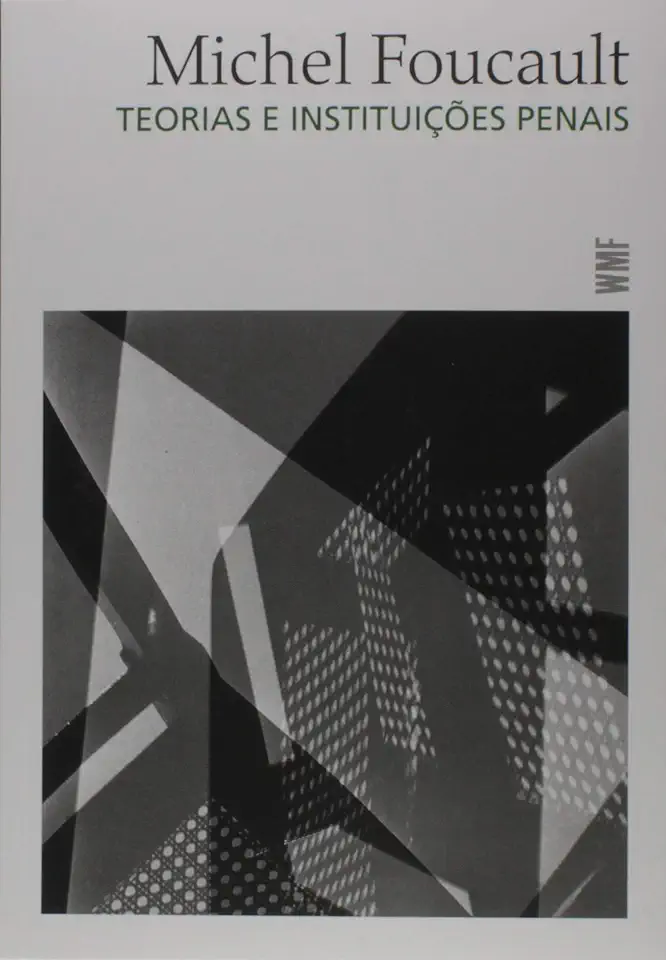
Penal Theories and Institutions - Lectures at the Collège de France (1971-1972) - Foucault, Michel
Penal Theories and Institutions: Lectures at the Collège de France (1971-1972) by Michel Foucault
A Landmark Work in the History of Criminology
In Penal Theories and Institutions, Michel Foucault delivers a series of lectures that offer a groundbreaking analysis of the history of penality. Foucault argues that the modern prison system is not simply a means of punishing criminals, but also a way of controlling and regulating society. He traces the development of the prison from its origins in the Middle Ages to its current form, and shows how it has been used to maintain social order and suppress dissent.
Foucault's Insights into the Prison System
Foucault's lectures are full of insights into the workings of the prison system. He shows how the prison creates a sense of isolation and powerlessness in prisoners, and how it can be used to break down their resistance. He also discusses the role of the prison in perpetuating social inequality, and how it can be used to target certain groups of people, such as the poor and minorities.
A Must-Read for Anyone Interested in Criminology or Social Justice
Penal Theories and Institutions is a must-read for anyone interested in criminology or social justice. Foucault's analysis of the prison system is both powerful and provocative, and it has had a profound impact on the way we think about crime and punishment.
Key Concepts in Penal Theories and Institutions
- The prison as a microcosm of society: Foucault argues that the prison is a microcosm of society, and that it reflects the power relations that exist in the wider world.
- The panopticon: Foucault discusses the panopticon, a type of prison designed by Jeremy Bentham, which allows guards to observe prisoners without being seen. He argues that the panopticon is a symbol of the power of surveillance and control in modern society.
- The birth of the prison: Foucault traces the development of the prison from its origins in the Middle Ages to its current form. He shows how the prison has evolved from a place of punishment to a place of rehabilitation.
- The role of the prison in social control: Foucault argues that the prison plays a key role in social control. He shows how the prison can be used to maintain social order and suppress dissent.
- The prison and social inequality: Foucault discusses the role of the prison in perpetuating social inequality. He shows how the prison can be used to target certain groups of people, such as the poor and minorities.
Why You Should Read Penal Theories and Institutions
Penal Theories and Institutions is a challenging and rewarding book that will change the way you think about crime and punishment. Foucault's analysis of the prison system is both powerful and provocative, and it has had a profound impact on the way we think about social control. If you are interested in criminology or social justice, then this book is a must-read.
Conclusion
Penal Theories and Institutions is a landmark work in the history of criminology. Foucault's analysis of the prison system is both powerful and provocative, and it has had a profound impact on the way we think about crime and punishment. This book is a must-read for anyone interested in criminology or social justice.
Enjoyed the summary? Discover all the details and take your reading to the next level — [click here to view the book on Amazon!]